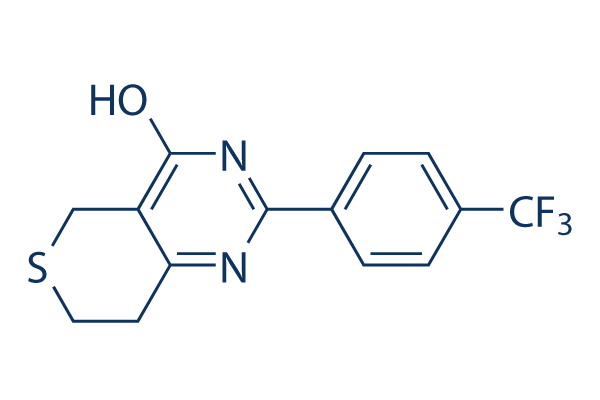Not surprisingly, mTOR was reversely regu lated when miR 99b was overexpressed or knocked down underneath the two basal and radiation circumstances. Furthermore, cell sensitivity to radiotherapy was also influenced by miR 99b. Our outcomes not simply deliver some new clues for mTOR upregulation in radiation taken care of pancreatic clinical samples and cell lines, but in addition demonstrated that miR 99b played vital roles in pancreatic cancer radioresistance and perhaps a candidate therapeutic target for pancreatic cancer. Thinking about mTOR was up regulated by radiation by way of miR 99b and mTOR signal pathway plays crit ical roles in regulating cancer cell survival, proliferation and apoptosis, we wonder whether mTOR inhibition have synergistic results with radiotherapy.
AZD8055, an mTORC1/C2 dual inhibitor, was employed to inhibit mTOR action and block the suggestions activation of AKT. Effects demonstrated that AZD8055 treatment method signifi cantly potentiates the cytotoxic results of ionizing radi order Dinaciclib ation in human pancreatic cancer cell lines. Additionally, we also confirmed the growth inhibition was accom panied by a perturbation of cell cycle together with the marked re duction of cells in S phase and an accumulation in G0/G1 phase. Also, AZD8055 remedy enhanced radiation induced cell apoptosis. Intriguingly, these events have been paralleled by suppressing the expression and perform of mTOR, but really don’t influence the anti apoptotic family members which include Bcl two, Bcl XL and Mcl one, suggesting that AZD8055 and radiation synergistically induced cell apop tosis via mTOR linked signaling pathways but not Bcl 2 loved ones in pancreatic cancer cells.
Related to in vitro final results, the development of pancreatic cancer xenografts was also inhibited by fractionated radiotherapy or application of AZD8055 in vivo, and certainly combina tion of AZD8055 and radiotherapy suppressed selleck chemical development of PANC 1 xenografts extra proficiently than remedy with either treatment alone. Within the full, inhibition of mTOR activity by AZD8055 efficiently reversed radio resistance each in vitro and in vivo. For that reason inhibiting mTOR ac tivity by AZD8055 can be a highly effective approach to overcome radioresistance and potently sensitize pancreatic cancers to radiation. In summary, our examine observed mTOR upregulation in clinically taken care of biopsy samples and determine a novel mechanism related with mTOR upregulation in pancre atic cancer cells right after radiation treatment.
miR 99b reduc tion was involved in  mTOR upregulation and thus affected the radiotherapy sensitivity of pancreatic cancer cells. Blockade of mTOR by AZD8055 represents a brand new therapeutic system to overcome radioresistance in pa tients with pancreatic cancer. Conclusions In conclusion, the results of this study demonstrate the upregulation of mTOR by radiation by means of downregulating miR 99b and deliver the 1st evidence with the regulatory results of radiation on mTOR expression and activation.
mTOR upregulation and thus affected the radiotherapy sensitivity of pancreatic cancer cells. Blockade of mTOR by AZD8055 represents a brand new therapeutic system to overcome radioresistance in pa tients with pancreatic cancer. Conclusions In conclusion, the results of this study demonstrate the upregulation of mTOR by radiation by means of downregulating miR 99b and deliver the 1st evidence with the regulatory results of radiation on mTOR expression and activation.
Histamine Receptor Signaling
A class of G protein–coupled receptors which bind histamine as their primary endogenous ligand.
